Video
Sign up for our newsletter
We summarize the week's scientific breakthroughs every Thursday.
-
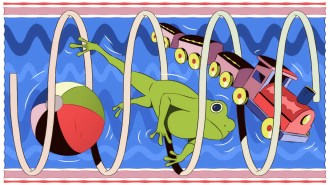 Physics
PhysicsHow to levitate objects sans magic
It’s possible to defy gravity using sound waves, magnets or electricity, but today’s methods can’t hoist heavy items high in the sky.
-
 Climate
ClimateHere are 3 big ideas to combat climate change, with or without COP
As action from the U.N.’s huge COP30 international meeting falls short, smaller groups are banding together to find ways to fight climate change.
By Meghie Rodrigues and Carolyn Gramling -
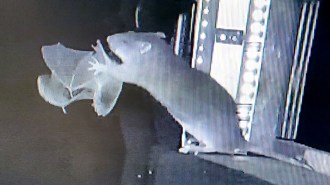 Life
LifeRats are snatching bats out of the air and eating them
The grisly infrared camera footage records a never-before-seen hunting tactic. It may have implications for bat conservation.
-
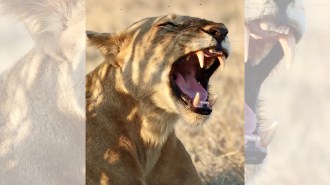 Animals
AnimalsLions have a second roar that no one noticed until now
A machine learning analysis of wild lion audio reveals they have two roar types, not one. This insight might help detect where lions are declining.
By Elie Dolgin -
 Oceans
OceansCombining western science with Indigenous knowledge could help the Arctic
Polar marine ecologist Marianne Falardeau investigates how Arctic ecosystems are shifting under climate change.
By Nikk Ogasa -
 Animals
AnimalsA wolf raided a crab trap. Was it tool use or just canine cunning?
Video from the Haíɫzaqv Nation Indigenous community shows a wolf hauling a crab trap ashore. Scientists are split on whether it counts as tool use.
By Elie Dolgin -
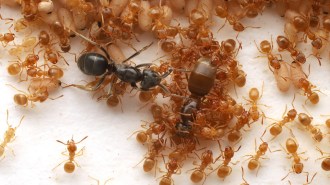 Animals
AnimalsThis parasitic ant tricks workers into committing matricide
Newly mated parasitic queen ants invade colonies and spray their victims with a chemical irritant that provokes the workers to kill their mother.
-
 Neuroscience
NeuroscienceTo decode future anxiety and depression, begin with a child’s brain
A child-friendly brain imaging technique is just one way neuroscientist Cat Camacho investigates how children learn to process emotions.
-
 Archaeology
ArchaeologyPeru’s Serpent Mountain sheds its mysterious past
No, aliens had nothing to do with a winding 1.5-kilometer-long path of holes. First used as a market, the Inca then repurposed it for tax collection.
By Bruce Bower -
 Planetary Science
Planetary ScienceHow did Pluto capture its largest moon, Charon?
Planetary scientist Adeene Denton runs computer simulations to investigate Pluto, the moons of Saturn and other icy bodies in the solar system.
-
 Space
SpaceBlack holes are encircled by thin rings of light. This physicist wants to see one
Theoretical physicist Alex Lupsasca is pushing for a space telescope to glimpse the thin ring of light that is thought to surround every black hole.
-
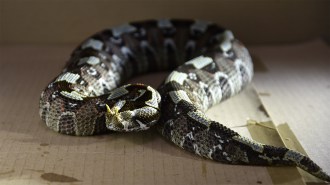 Animals
AnimalsWhich venomous snakes strike the fastest?
Vipers have the fastest strikes, but snakes from other families can give some slower vipers stiff competition.